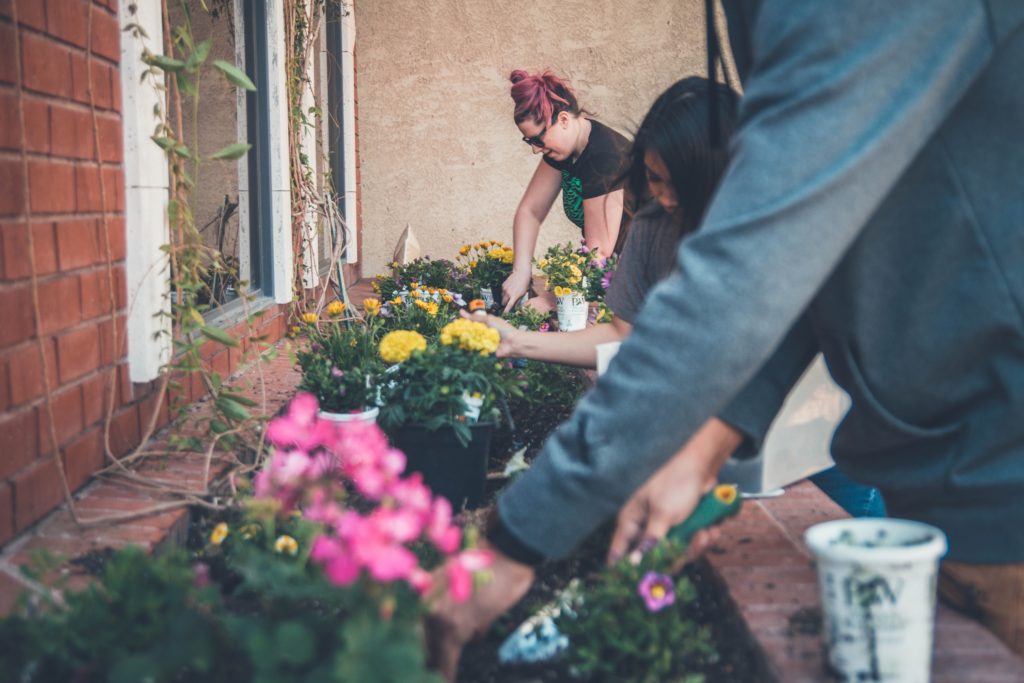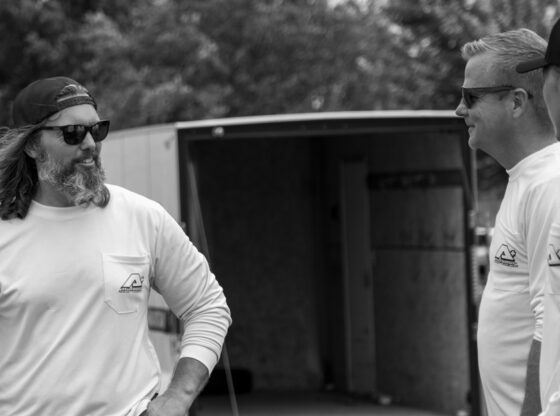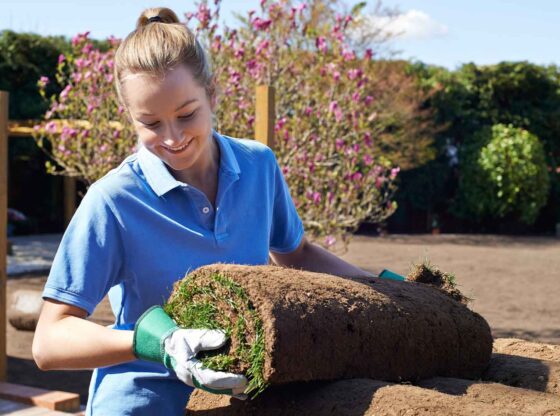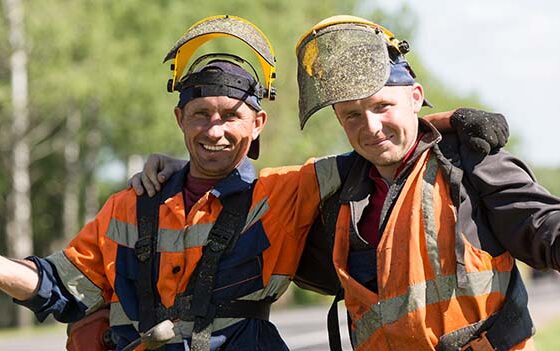A recent survey by ForConstructionPros.com interviewed a couple of bright landscaping students that are about to enter the workforce. Young people entering the green industry are hoping for change. Even if they are new to the industry, they are watching the industry prudently. And they hope you have an open mind.
Ability to Change

TaiRenee King at Cuyahoga Community College student is currently in her final semester and is weighing to which university she can transfer that will offer her the right degree for her career path. TaiRenee believes the industry is slow to embrace change. “From what I’ve experienced, I think it’s a little stagnant. I just feel like the industry can be a lot more open-minded than it is,” King says. “I would love from an employer just the opportunity to be creative and try new things.”
King says she and other future landscapers around her age are excited about jumping into the industry, but apprehensive about dated mindsets and the unwillingness to adapt. “I don’t need a lot, I’m easy to please,” she says. “I want the freedom to make changes. The industry keeps itself in a box when they just do what works or what’s working.”
A Marketplace of Ideas
All 22-year-old Chance Howard has done is adapt. The owner of Howard Landscape Group says that at age eight, he was making about $200 a week in helping with yard work around the neighborhood. He eventually dropped out of high school after recognizing the financial opportunity he had already started making for himself in landscaping.
Armed with a beat-up pickup and basic tools he purchased at Walmart, Howard says by the time he was a teenager, he reached roughly 150 to 200 clients around Chattanooga, Tennessee. However, he realized that maintenance wasn’t for him because it was too repetitive, so he moved into design/build. He also moved quickly on developing a website and hiring employees and has now surpassed $1 million in revenue.
Howard didn’t get there by refusing to embrace new ideas. He approached countless folks not only in the industry, but outside of it, such as one of his closest friends and mentors who actually works in the catering industry. By combining their perspectives with his own viewpoints, he has reached success because he’s never been afraid to talk with people who might have better ideas than his own. He even meets with some of his competitors in the area and swaps stories over some beers or lunch.
Howard stresses that the green industry can encourage this marketplace of sharing ideas. It will make the industry better as a whole, especially as the field switches to largely Millennials.
“A lot of them can be very stubborn. A lot of them are getting in their own way,” Howard says about the older generation landscapers. “However, I’ve never been scared to approach anybody. If I want to learn from somebody, I’ll ask and do whatever it takes to learn. I think having that kind of mentality, having that mindset… has always been the biggest asset.”
Treated as Equals
Preston Stroupe is projected to graduate this coming December from Mississippi State with a degree in landscape contracting. With his impending graduation, he’s spent several hours attending events like career fairs to meet with potential employers. He hopes to work for a company that will value his opinion and will promote an open dialogue between bosses and the employees. He doesn’t want to simply be a cog in a machine or be treated like cheap labor.
“For me, I would say the most prominent thing that I’m looking for in a company is to be treated with professionalism and not treated as a newbie that just got out of college. I invested a lot of time and a lot of money in learning how to do these things,” he says. “I know experience goes a long way, but at the same time, I want to be treated as an equal.”
Even at the time of an interview, Stroupe says he can tell by observing an interviewer’s body language or tone of voice if they’ll give him the respect to share his mind. If there’s a lack of respect during an interview, there are immediate red flags. “If they don’t have time to listen or they say you don’t know enough yet, that’s an indication of the company culture. We should be given a fair chance, at least at the beginning (of working there) and for sure during the interview” Stroupe says. “At least give us the same respect as you would the professional with 20 years experience.”

Embracing Technology
Stroupe hopes to start his own lawn and landscape maintenance company someday. But first he wants to cut his teeth in the industry and work for someone who embraces technology. “Specifically, I want to see the battery-powered options on the hand tools and the trimmers, chainsaws and stuff like that because honestly, that could completely change our industry,” Stroupe says, “I’d like to see how well they run so I could have some experience with them for later on when I do want to branch off for myself.”
King agrees, adding that as she enters the horticulture field, she’ll want to help companies explore studies and research that also helps those in the green industry stay environmentally friendly.
“We could be a lot more advanced than we are. We just need more youth in the industry and more fresh ideas,” she says. “They should be willing to take what they already know and constantly try to learn more.”

A Bright Future
These criticisms of the industry are not to say there aren’t positives. In fact, King views landscaping as a good thing for society as a whole. She says she comes from an impoverished neighborhood, but exposing citizens to better plant care practices – like she plans to do after graduating – can help inspire overall growth in the community. “I believe the culture of horticulture could be a lot different if we tried to reach out more,” she says.
There are great opportunities for millennial landscapers. Landscaping can be lucrative, even if the labor field continues to be skim. While on the one hand, it’s frustrating for employers to deal with young people not wanting to spend time laboring outdoors, it provides an opportunity in that fewer homeowners are doing DIY projects in their yards. “People are going to be willing to pay for a service more often than not, especially when my generation gets into being mature adults,” he says. “The people working in the service, landscaping and green industry, they have a special set of skills to go out and do things that other people don’t care about doing.”
Read more about millennials and landscaping.












